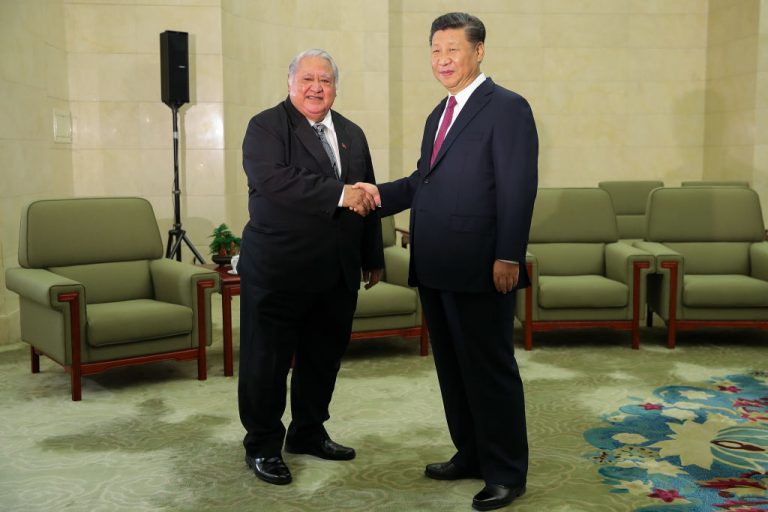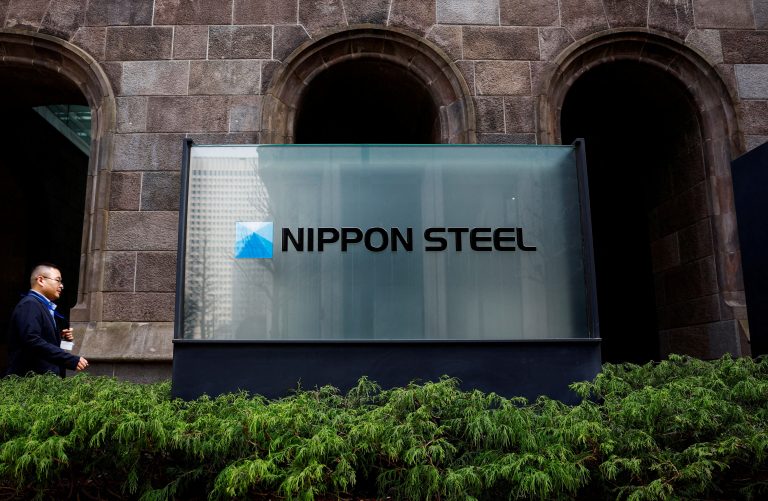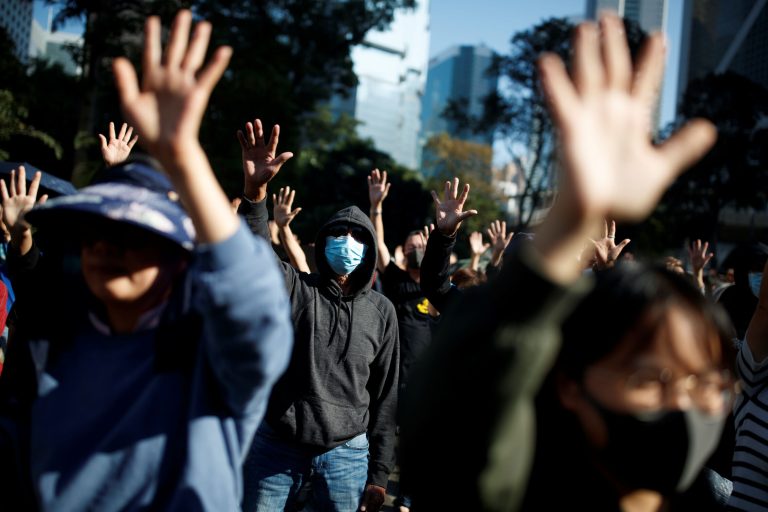Samoa’s incumbent, first-ever female Prime Minister has pledged to withdraw from a controversial $100 million Belt and Road Initiative (BRI) construction project with the Chinese Communist Party (CCP) signed by her predecessor.
Fiame Naomi Mataafa of the Fa’atuatua i le Atua Samoa ua Tasi (FAST) party beat out former Prime Minister Tuilaepa Aiono Sailele Malielegaoi of the Human Rights Protection Party (HRPP), ending his 22 years of power and the almost 40 years of HRPP’s majority government.
Tuilaepa has not conceded defeat and has instead made a number of legal challenges, resulting in a suspension of Parliament just two days before Mataafa was set to be sworn in. Mataafa called the former Prime Minister’s act of suspending parliament a “coup” in comments to New York Times.
Mounting public concern over the CCP-funded port construction project, which would see a wharf in the Vaiusu Bay built, along with a few other hot topics are what analysts say led to Tuilaepa’s loss.
The election ended in a 25-25 tie between the FAST and HRPP parties. When an election commissioner intervened and appointed a female HRPP candidate in order to meet minimum legal requirements for the amount of females in Parliament, Tuilaepa tried to convince the country’s Supreme Court to hold a second election on May 21, but the high court ruled against him, declaring a 26-25 victory for Mataafa and her FAST party.
Success
You are now signed up for our newsletter
Success
Check your email to complete sign up
Nonetheless, Va’aletoa Sualauvi II, Samoa’s appointed Head of State declared Samoan Parliament be suspended “until such time as to be announced and for reasons that I will make known in due course” in a Facebook post.

Tuilaepa was close with the CCP during his time as leader and a staunch supporter of the $100 million BRI project that was set to ensue in the Vaiusu Bay, according to Brietbart, who succinctly described Beijing’s globalist hegemony project as “typically based upon predatory loans constructed so that the economies of vulnerable developing nations often slip into effective debt traps to China.”
Out of all its debt, Samoa owes the biggest chunk to China at 40 percent, which adds up to around $160 million USD.
“The level of indebtedness of our government to the government of China was a pressing issue for voters,” Mataafa told Reuters.
“It’s very difficult to imagine that we would need the scale that’s being proposed under this particular project when there are more pressing projects that the government needs to give priority to.”
She also said that she intends for her government to have good ties with both the U.S. and China.
China has been criticized by the U.S. and other Western countries for saddling less fortunate countries with unsustainable debt.
“Why would a small country like Samoa with exports of about 30 percent of [its economic output] and imports about 40 per cent of [its economy] need a wharf to cater for 12 vessels?” asked independent MP Faumuina Wayne Fong, who opposes the port development project, according to Samoan Observer.
“Definitely not for exports and imports hence why I say it must be a military wharf.”
Minister of Works, Transport, and Infrastructure Papali Niko Lee Hang said during Parliament the Chinese Ambassador called Fong’s claims “groundless allegations.”The CCP also has plans to upgrade an airstrip and bridge at one of Kiribati’s remote islands, which is 3,000 km southwest of Hawaii.
Kiribati actually possesses one of the biggest exclusive economic zones in the world—more than 3.5 million square kilometers in the Pacific according to Reuters. The area would be a key territory for the CCP to try and gain an edge in, as the vicinity has been firmly aligned to the U.S. and its allies since World War II.















